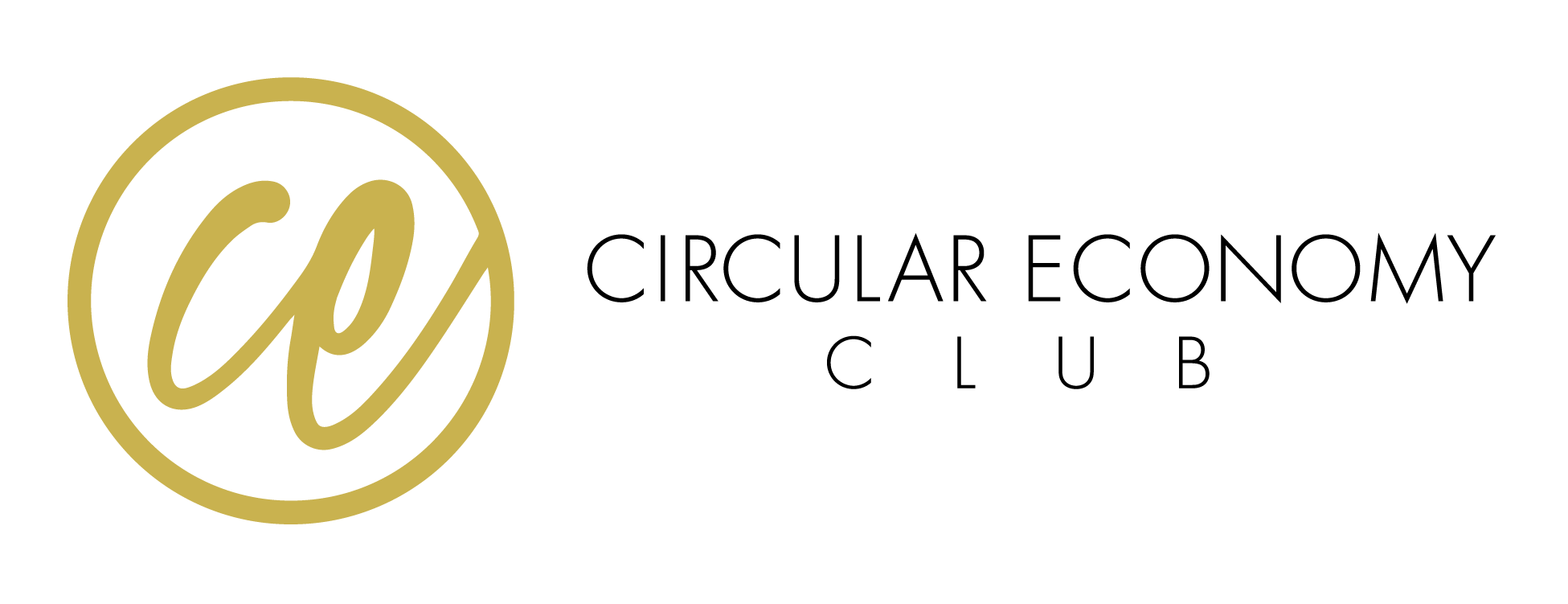Reflow podcast Read more [...]
-
On the fifth episode of the Circular Metabolism Podcast, we had the opportunity to chat with Matthew Gandy, one of the pioneers of urban political ecology.
Matthew is Professor of Geography, and Fellow of King’s College at the University of Cambridge. He was Founder and Director of the UCL Urban Laboratory and also has been a visiting scholar amongst others at Columbia University, the University of California, and the Humboldt University in Berlin.
Matthew’s research topics range from environmental history, urban political ecology, urban water infrastructure, epidemiology, as well as rethinking existing understandings of urban nature. He is indeed an eclectic researcher led by curiosity, attentive observation and sometimes by serendipity. His research is sometimes inspired through art exhibitions asking unusual or unpredictable questions which social sciences tend to overlook or not address.
His publications include Concrete and clay: reworking nature in New York City (The MIT Press, 2002), The fabric of space: water, modernity, and the urban imagination (The MIT Press, 2014), and Moth (Reaktion, 2016), along with articles in New Left Review, International Journal of Urban and Regional Research, Society and Space and many other journals. He is currently researching the interface between cultural and scientific aspects to urban bio-diversity. His article “Rethinking Urban Metabolism: water, space and the modern city” and his book “Concrete and clay: reworking nature in New York City” really helped me broaden my urban metabolism horizons by adding social, geographical, historical and political layers.
In this episode, we discuss how our choice of words and metaphors is extremely important to describe complex social and environmental challenges. For instance, Matthew used the urban metabolism metaphor to describe for the double circulation in water infrastructure, meaning the circulation of water and capital as well as the interlinks between the material and immaterial flows. However, the use of this metaphor has been highly controversial and almost divisive over the years between critical geographers and industrial ecologists.
Matthew also mentions how he actively changes the focus of urban political ecology by bringing different actors and protagonists at the forefront of the research such as flies and overmature trees to question our current discourses on biodiversity in the urban context. He argues that one of the weaknesses of urban political ecology is the lack of direct engagement with ecological science.
In the future, a more radical interdisciplinarity is necessary to tackle complex urban problems. He believes that grounded theory and the use of a practical case could enable us to explore the combination between social, historical and ecological sciences.
Enjoy this episode and don’t forget to visit our website www.circularmetabolism.com to find all of our activities and productions. Also, make sure subscribe to your favourite app including Youtube, iTunes, Spotify and Stitcher to avoid missing any new episode. Finally, leave us a comment or a review to help us improve our podcast.
– website: https://circularmetabolism.com/output
– iTunes: https://itunes.apple.com/be/podcast/circular-metabolism-podcast/id1455115320
– Stitcher: https://www.stitcher.com/podcast/circular-metabolism-podcast?refid=stpr
– Spotify: https://open.spotify.com/show/13qH9Oj4b0yF0dBidGAdFR
– Youtube: https://www.youtube.com/playlist?list=PLmY7ft2HM553nKbpUUoDIlGRxlGRsMQEtLink to the ERC project Rethinking Urban Nature
Link to selected publications
“Rethinking urban metabolism: water, space and the modern city”
https://rsa.tandfonline.com/doi/abs/10.1080/1360481042000313509#.XKhropgzZPY
“Concrete and Clay, Reworking Nature in New York City”
https://mitpress.mit.edu/books/concrete-and-clay
Gandy, M. 2016 ‘Unintentional landscapes,’ Journal of Landscape Research 41 (4) pp. 433–440.
Gandy, M. 2017 ‘Negative luminescence,’ Annals of the Association of American Geographers 107 (5) pp. 1090–1107.
Gandy, M. 2017 ‘Urban atmospheres,’ Cultural Geographies 24 (3) pp. 353–374.
Gandy, M. 2019 ‘The fly that tried to save the world: saproxylic geographies and other-than-human ecologies,’ Transactions of the Institute of British Geographers.Link to Matthew’s presentation at the Brussels Ecosystem conference
Links to Matthew Gandy’s website
https://www.geog.cam.ac.uk/people/gandy/
http://matthewgandy.blogspot.com/ -
-
-

